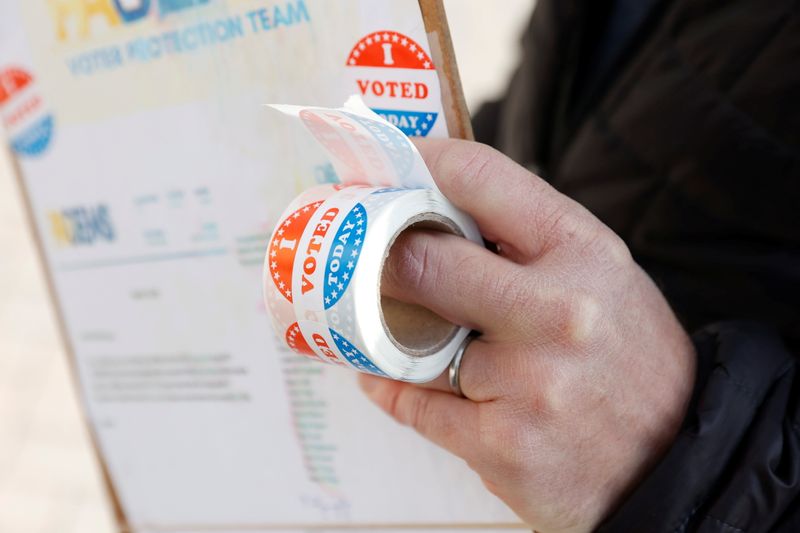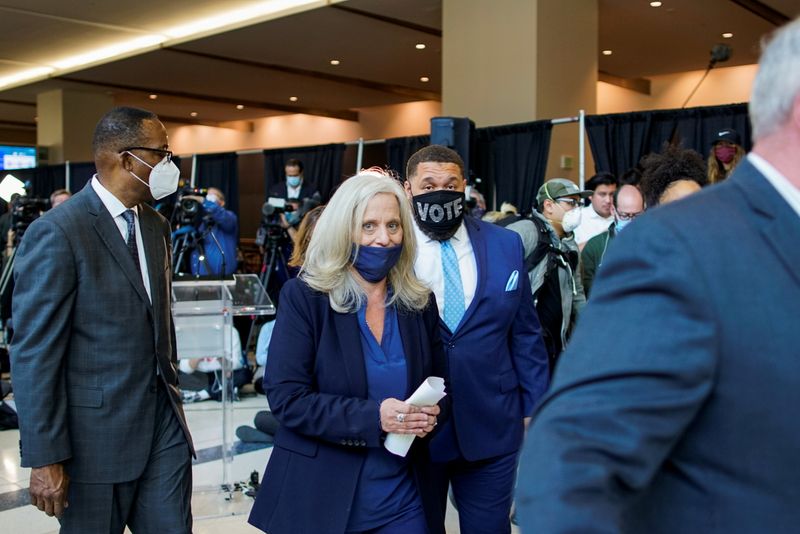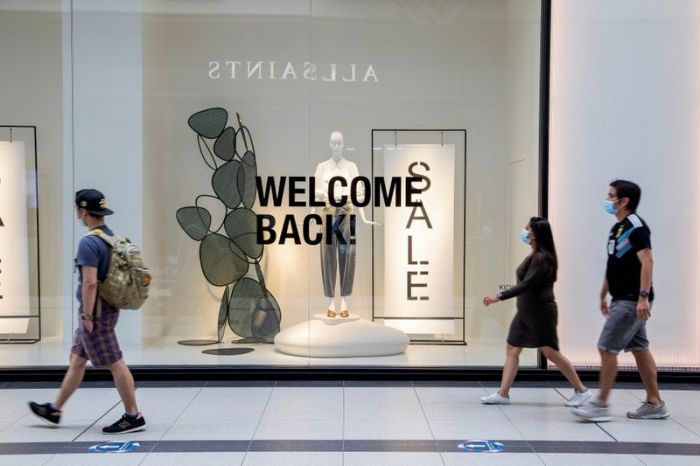(Reuters) -Philadelphia election officials on Friday voted to reject a Republican lawmaker’s request for access to the city’s voting machines as part of a “forensic investigation” into the 2020 election, setting the stage for a possible legal battle.
The board of commissioners, composed of two Democrats and one Republican, voted unanimously not to comply with the request from state Senator Doug Mastriano, an ally of former President Donald Trump who has promoted his false stolen-election claims.
After the vote at a public meeting, Chairwoman Lisa Deeley signed a letter to Mastriano saying the city’s 2020 election and 2021 primary were “secure, fair, and free from interference” and warning his probe would cost taxpayers $35 million because it would lead to the decertification of its voting machines.
Deeley also pointed out that Pennsylvania’s largest city had participated in a statewide audit and its own audit as is mandated of all counties by state law. Neither audit turned up widespread fraud to put in to question Trump’s loss in the battleground state to President Joe Biden by 81,000 votes.
“In addition to being costly, replacing the voting system and equipment would likely take over a year,” Deeley wrote, referring to the complex effort that would be required to procure new equipment for the city of 1.6 million. “This would render it impossible for Philadelphia to conduct the November 2021 General Election as well as the May 2022 Primary Election.”
The Pennsylvania state agency in charge of elections has warned all counties that it would decertify their equipment if it was handed over to an unauthorized third party – a punishment already meted out to Fulton County, which participated in an audit orchestrated by Mastriano late last year.
Philadelphia’s stance could prompt a legal fight with Mastriano, who launched his “forensic” probe this month targeting three counties – Philadelphia, York and Tioga – with a deadline of July 31 to respond. He has threatened to issue subpoenas to counties that did not provide access to equipment voluntarily. Mastriano did not respond to a request for comment.
At an event on July 17 in Beaver Falls, Pennsylvania, with a group promoting his audit, Mastriano said he was expecting some counties to wait for a subpoena from the Senate committee he chairs for the “legal protection” needed to comply. He said he expected a legal fight with Philadelphia.
“We can expect Philadelphia County to do the legal challenge, which is fantastic. That’s their right. But in the end we will take a look scientifically, honestly, with full transparency,” Mastriano said.
York and Tioga have already indicated they could not comply, citing the risk of having their equipment decertified.
(Reporting by Nathan Layne in Wilton, Conn.Editing by Matthew Lewis)






















